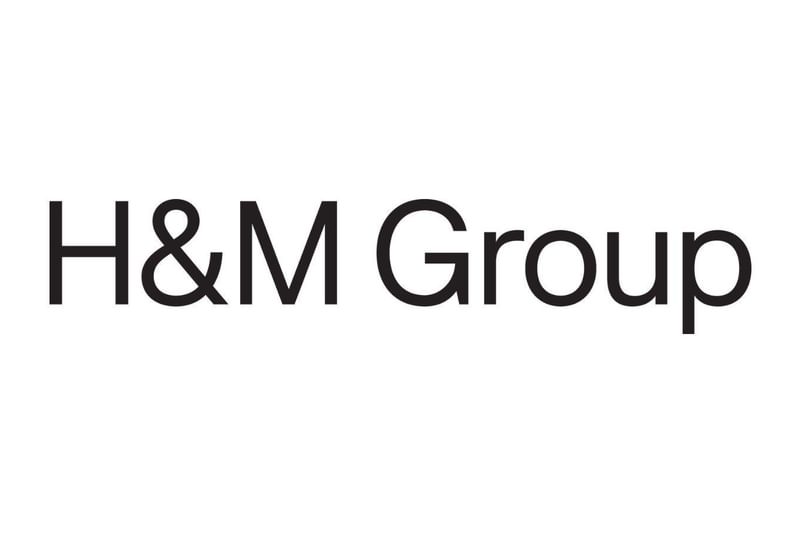
Case Study - Thalys
Thalys is an international train operator, which runs between Paris, Brussels, Amsterdam and Cologne and also serves other areas. Marius Perrois and Dorothée Bernier from Thalys' Corporate Social Responsibility Team tell us more about their science-based targets here.
Thalys is an international train operator, which runs trains on the high-speed line between Paris, Brussels, Amsterdam and Cologne, also serving Lille, Rotterdam, Dusseldorf, Essen and Dortmund. Based in Brussels, Thalys was founded by SNCF, the National Rail Company of Belgium (SNCB), and Deutsche Bahn. With revenue in 2015 of €487m, Thalys is a member of Railteam, a collaborative venture between the main European high-speed rail operators, the CER (Community of European Railway and Infrastructure Companies) and the UIC (International Union of Railways). Every year, Thalys trains carry over 6.5m passengers. We spoke to Marius Perrois and Dorothée Bernier in the Corporate Social Responsibility Team about why they are so proud to have set a Science-Based Target.
Why did you set a science-based target?
Marius, CSR Officer: It was a quick and easy decision to set a science-based target. Environmental considerations have been central to our policies since we were founded twenty years ago. They are part of our core values, and reflect our belief that the private sector has a responsibility to engage on sustainability. We set a science-based target because we decided we wanted to go beyond good intentions and measure our impact. In the year of COP21 – held in one of our home countries – it felt ever more important to be acting on our footprint, and to be setting targets that would contribute to keeping global warming below 2 degrees centigrade. The transport sector accounts for 20% of global carbon emissions. We had to act. We liked the idea of being part of a bigger project– so that the difference we made would add up to more. It was also important to have an external entity to support and challenge us: we couldn’t do it on our own. When WWF introduced us to the Science Based Target initiative it seems perfect for what we wanted. It was solid, international, and would provide a framework for our policies.
What was the process of setting the target? What challenges did you face?
Dorothée, CSR manager: We first measured our carbon footprint in 2008, but is only since we became a train operating company in 2015 that we have had the ability to influence the majority of the emissions related to the routes. Before that, we were just the commercial entity and didn’t own the trains. Now we do, we have much more control, but also much more responsibility! We are lucky to have a CEO who’s aware of the importance of environmental issues and committed to taking action. We presented the Science Based Targets initiative idea to her and she immediately saw its value, and how appropriate it was for us. She pushed it forward and the project was launched. The calculations were very complex: we had to rely a lot on the help from WWF and also the external consultants Ecores. Initially we weren’t sure what methodology to choose. It wasn’t easy to understand why there were so many to choose from or which one was right for us. We also didn’t know which actions would affect which scopes. WWF were very patient: they explained, made it clear, took a lot of time. They also challenged us to keep our ambition up.
Marius: At times it felt like we didn’t speak the same language, and we thought about giving up. But we knew this was right for us: it was what we needed to do – and we’d done lots of the work already. So we persevered. And in the end it actually all happened pretty quickly.
Dorothée: Another key part of the process was involving everyone in the company, and ensuring they felt ownership of the target, and would therefore do their bit to ensure its implementation. We invested a lot of time in this and it was really rewarding to see how people who didn’t initially know that much about the subject were very interested and engaged.
How are you going about implementing the target?
Marius: The target is central to the whole company strategy. It is integrated from Board level down, and aligns with all the business objectives. Hitting the target is a company priority but it requires change management to involve individual teams to achieve their share of the reduction. They are incorporating the reductions into their KPIs. Sometimes the changes that are being made are quite big, but at other times they’re smaller and more incremental.
The need to hit the target has driven innovation. For example, we have been gradually reforming our catering operations to reduce the associated emissions. This means sourcing more local, seasonal produce, more organic, less red meat. These small changes have had a huge impact: we halved the emissions from our on board catering between 2008 and 2016, with no extra cost. At the same time, customer satisfaction has gone up, so it’s a win-win. Another example is our Tick Up offer which gives people a big discount on last minute tickets if they can get 3 others to buy along with them. The idea is that we are getting people out of cars and onto the train. So we are reducing overall global emissions by having fewer cars on the road, while also reducing our own emissions per passenger because our trains are fuller. Again, it’s a win-win.
Dorothée: The way we see it, the changes we are making to implement our target are not a cost, but an investment that will bear fruit and mean everyone wins in the end.
What are the benefits of having a science-based target?
Dorothée: Our CEO put it best. She said we are now fully prepared for more demanding environmental laws. We are perfectly aligned with the Paris Climate Agreement. We are prepared for the future and aligned with political norms. There is a business opportunity here. More and more people want to travel but they also want to choose the sustainable option. As we decarbonize, we also become more attractive to customers. Nine out of ten of our customers say that sustainability matters to them, and they want Thalys to have a robust sustainability strategy. They expect us to set an example. We know, having set a science-based target that we are giving people what they want. We are part of the solution – but we need to keep innovating to stay a leader.
Marius: Having a strong target, with a clear deadline is also really motivating for employees. It creates a sense of pride that they are working not just for the company but for the community. It is also easier for them to make the effort to reduce emissions when it falls into the broader framework of environmental action.
Dorothée: Having a science-based target also gives us a stronger voice and more credibility in the debate on climate change and on the role the transport sector has to play in reducing emissions. We can speak to other railway companies, our partners, suppliers and help them understand the potential for them to set similar targets. It’s exciting to be fostering these efforts throughout the value chain.
Join the companies taking action
Latest News
View News


